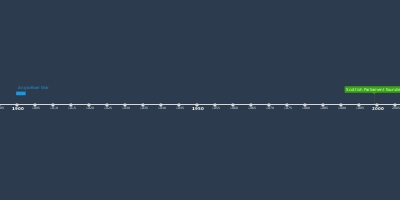jan 1, 1930 - High Unemployment
Description:
The late 1920s and early 1930s in the UK were marked by severe economic downturn leading to high rates of unemployment. One of the major contributing factors to this state of affairs was the 1925 decision to return to the gold standard at an overvalued rate, making British exports more expensive. This led to a lower demand for exports, namely from the steel and coal industries, and affected industries were forced to downsize as a result. This shift in industry, combined with the national debt from the first World War, was further exacerbated by the onset of the Great Depression. Working class individuals were among the hardest-hit, as there were few systems in place at the time to benefit unemployed people. Hunger marches, where groups from high-unemployment areas would march to protest at parliament, became a common form of protest, emphasizing that the inability to work made them unable to purchase food. This economic situation led to an influx of literary works focusing on the failings of government systems and sympathizing with the working class.Added to timeline:
Date:
jan 1, 1930
Now
~ 95 years ago
